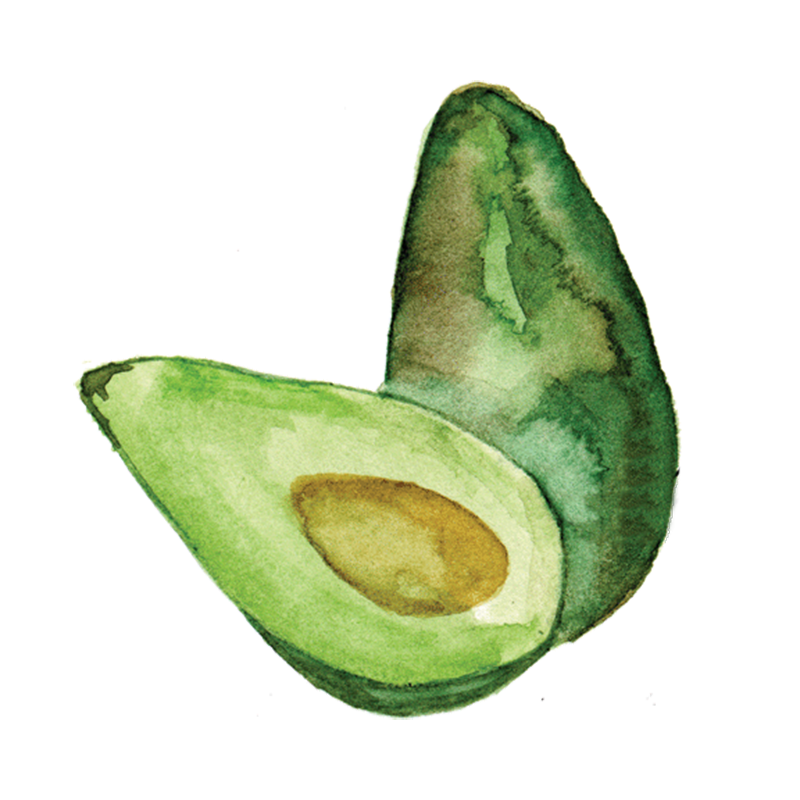Why Eat Organic?
"Organic food can be difficult to find." "It is so expensive!" "It doesn't look as nice as the conventional versions." "Organic, grass-fed meat tastes weird and is difficult to cook." "Organic food seems to have a shorter shelf life." "Recent studies indicate organic produce isn't any healthier." "It's a luxury fad for the wealthy." "Again, it's too expensive!"
We can make a conscious decision to pay for our health now with wise food choices and lifestyle modifications or we can choose to pay in the future as we take on the financial burden of fighting disease. Many Americans see food simply as a means to satisfying their appetites. If we, instead, view food as nourishment and fuel for our body's innate ability to heal itself then we begin to understand the importance of really considering every bite we consume.
Here are the facts:
• An extensive report by the President's Cancer Panel urges Americans to reduce exposure to pesticides, fertilizers or chemicals to reduce the risk of cancers caused by environmental toxins.
• Media coverage surrounding the recent Stanford Study that claims that organic produce is no more nutritious than conventional produce completely dismisses a key point:
The published literature lacks strong evidence that organic foods are significantly more nutritious than conventional foods. Consumption of organic foods may reduce exposure to pesticide residues and antibiotic-resistant bacteria.
"Nutritious" and "healthy/safe" are two different animals here. How important are these nutrients if they are quite possibly counterbalanced by the ingested toxins?
The study also appears to have excluded several nutrients that are known to have higher concentrations in organic produce compared to conventional. See Mark Sisson's critique.
• Pesticides, herbicides, fertilizers and other chemicals have been linked to ADHD in children. Children are often the most vulnerable to these environmental toxins as their brains and bodies are still forming.
• Chemicals used in conventional farming can enter and contaminate water sources killing fish and wildlife and poisoning our water supplies.
Switching to organic food can be a huge undertaking, both financially and physically. Organic produce can cost more but you might be surprised that some items are often the exact same price as their conventional counterparts. Locating organic produce may require longer drives to "healthy" grocery stores like Whole Foods or special trips to local farmers markets at less than convenient times.
Joining a CSA is a great start. Local, fresh produce is often delivered right to your door. These bags of seasonal fruits and vegetables will encourage you to get outside your cooking comfort zone and learn new recipes for foods with which you're less familiar.
To make the transition easier be sure to jot down this list of the most heavily sprayed foods (The Dirty Dozen) and those with the least toxins (The Clean Fifteen) from the Environmental Working Group. Generally, the thicker the skin - think pineapples and mangoes - the less likelihood the chemicals have leached into the edible parts of the produce.
Apples
Celery
Cherry tomatoes
Cucumbers
Grapes
Hot peppers
Nectarines (imported)
Peaches
Potatoes
Spinach
Strawberries
Sweet bell peppers
*Dirty Dozen Plus:
Kale/collard greens
Summer squash (zucchini)
These crops did not meet traditional Dirty Dozen™ criteria but were commonly contaminated with pesticides exceptionally toxic to the nervous system.


